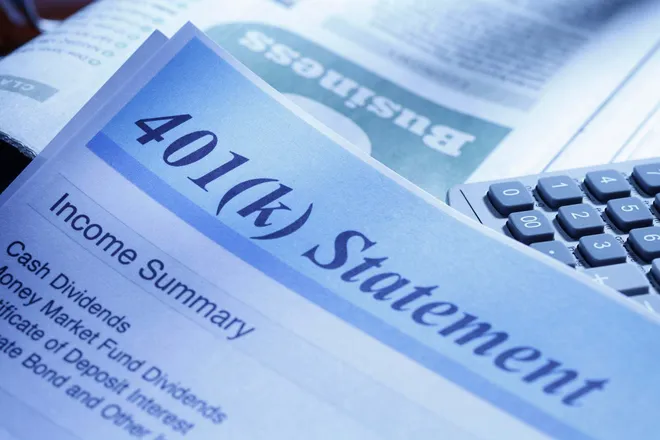Planning for retirement is often centered around maxing out 401(k)s or IRAs. However, some financial advisers are cautioning against relying solely on these accounts. Diversifying where you place your retirement savings can provide long-term tax benefits and give you more financial flexibility. Here’s why it’s worth considering multiple types of savings vehicles.
The Limits of Relying Solely on 401(k)s and IRAs
Traditional retirement accounts, like 401(k)s and IRAs, are tax-deferred, meaning you won’t pay taxes until you start withdrawing the money. While this might seem beneficial, it introduces uncertainty. Future tax rates are unpredictable and could potentially be higher.
“You don’t want all your money in tax-deferred accounts,” warns Daniel Razvi, senior partner and COO at Higher Ground Financial Group. He argues that tax-deferred accounts could lead to heavy tax burdens later, especially if tax rates rise.
The Tax Trap of 401(k)s and IRAs
The danger of placing all your retirement savings in these accounts lies in how withdrawals are taxed. Money withdrawn from 401(k)s and IRAs is treated as ordinary income, which can push you into higher tax brackets. According to Joseph Patrick Roop from Belmont Capital Advisors, “If you have a net worth of $2 million and $1.7 million is in IRAs, think of how trapped you are if taxes go up.”
Additionally, once you hit 73, the IRS requires you to start taking Required Minimum Distributions (RMDs), whether you need the money or not. This could push you into higher tax brackets and even increase Medicare costs.
The Benefits of Diversifying Retirement Accounts
To avoid hefty tax bills, financial advisers suggest spreading your retirement savings across multiple types of accounts, such as Roth IRAs, brokerage accounts, and health savings accounts (HSAs). Unlike 401(k)s and traditional IRAs, Roth IRAs allow tax-free withdrawals since contributions are made with after-tax money. “I love tax-deferred growth, but are you tax-deferring yourself into higher brackets?” asks Nicholas Yeomans, president of Yeomans Consulting Group.
Brokerage accounts also offer flexibility, with withdrawals taxed as long-term capital gains, which tend to be lower than income tax rates. Roth accounts and HSAs provide additional benefits, allowing your money to grow tax-free or be withdrawn without triggering income taxes, depending on the account type.
Allocating Your Money Wisely
How should you decide where to allocate your retirement savings? Financial advisers recommend starting by contributing enough to your 401(k) to receive the full company match. “Never turn your back on free money,” Yeomans says. After that, consider saving in HSAs or Roth accounts before moving to brokerage accounts.
A balanced approach is key. Yeomans suggests aiming to split your retirement savings into different tax categories, such as half in tax-deferred accounts, a quarter in Roth accounts, and a quarter in brokerage accounts. “We need to focus on tax diversification because the future of taxes is unknown,” he emphasizes.
While 401(k)s and IRAs are important tools for retirement planning, relying solely on them could leave you with unexpected tax bills in the future. Diversifying your retirement savings across multiple accounts like Roth IRAs, brokerage accounts, and HSAs will not only give you more flexibility but also help mitigate potential tax burdens. As Razvi puts it, “IRAs are the biggest scam in taxes today,” so it’s wise to explore alternatives and protect your future.







